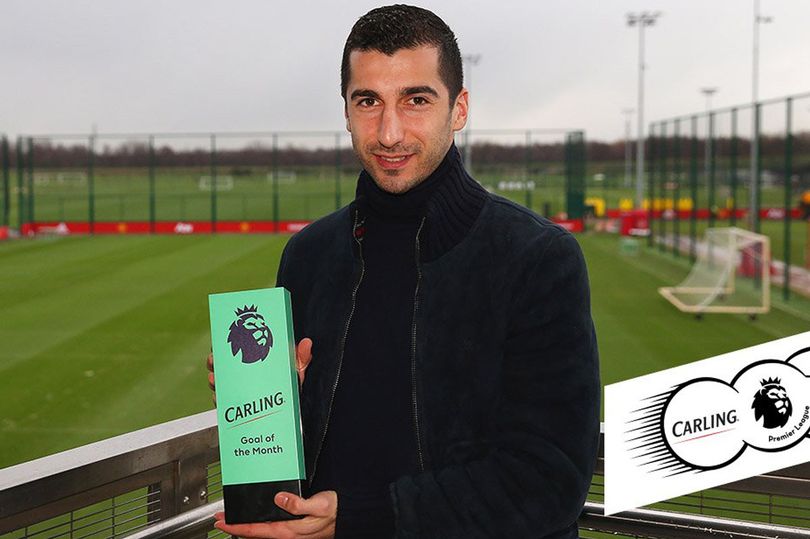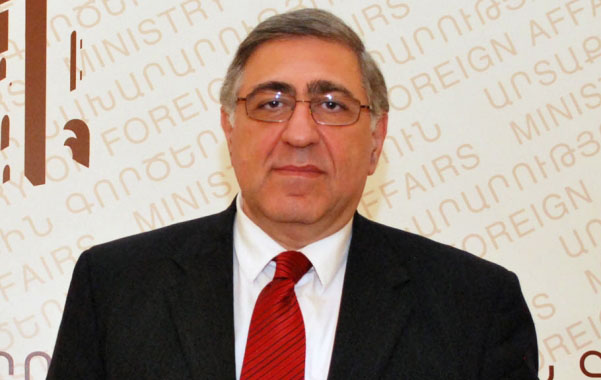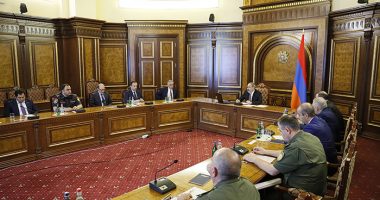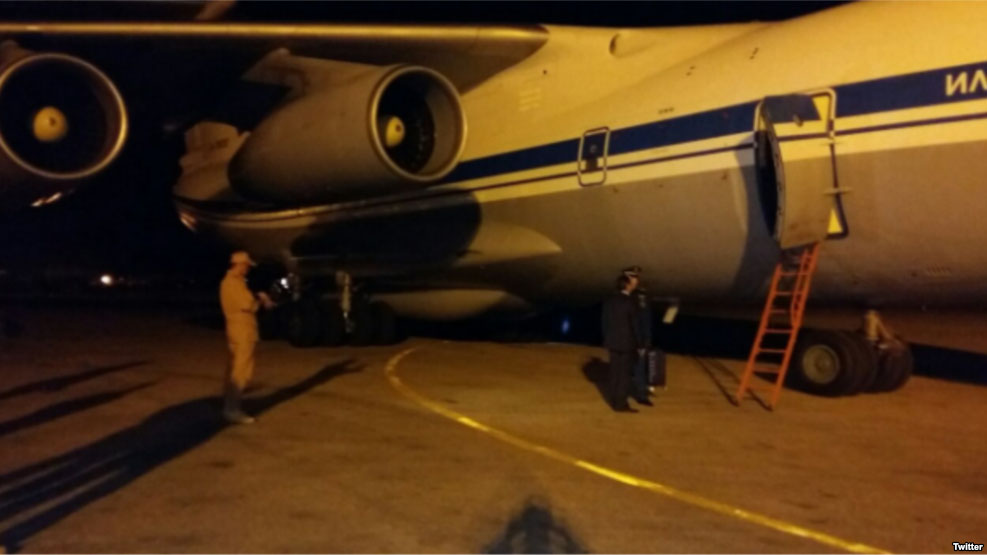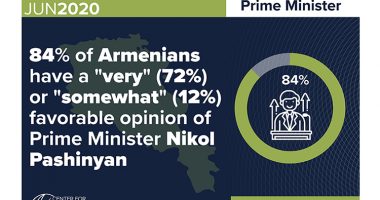By Hambersom Aghbashian
Temel İskit (born in August 4, 1937 in Ankara ) is a Turkish diplomat, Ambassador, writer and poet. After completing his high school study at Saint Joseph French High School, he graduated from Istanbul University -Faculty of Law in 1963 and entered the Foreign Ministry service. He served as Turkey’s Ambassador to Prague, Brussels, Bonn, Tehran, Cairo, and also as the Turkish permanent representative in EEC, OECD and UN Food and Agriculture Organization in Rome (FAO). During 1983-1984, he was the first Director General of the Turkish Free Zones. After his retirement in 2002, he lectured at Bilgi and Sabanci Universities in diplomacy affairs. Presently he is working for Text newspaper as a part time contributor. Ambassador Temel İskit also published a book titled “Diplomatic History, Theory, and Practice Authority ”
In December 2008, 200 prominent Turkish intellectuals released an apology for the “great catastrophe of 1915”. This was a clear reference to the Armenian Genocide, a term still too sensitive to use so openly. The signatories also announced a website related to this apology, and called on others to visit the site and sign the apology as well. This is the brief text of the apology: “My conscience does not accept the insensitivity showed to and the denial of the Great Catastrophe that the Ottoman Armenians were subjected to in 1915. I reject this injustice and for my share, I empathize with the feelings and pain of my Armenian brothers and sisters. I apologize to them. Ambassador Temel İskit is one of the Turkish intellectuals and a well know diplomat who signed the apology text.(1)
On December 19, 2008, shortly after releasing the apology campaign , there was a Live TV Debate on Turkey’s Kanal D (32nd Day) program. The live debate was on the apology statement. The moderator of the debate was Mehmet Ali Birand. The participants where two groups, Pro and Against extending apology for the 1915 events concerning the perished 1.5 million Armenians during the last days of the Ottoman empire. The “Pro” team was represented by Dr. Cengiz Aktar; Ret. Ambassador Temel İskit and Journalist Oral Çalislar, while the “Against” team was represented by Ret. Ambassador Sükrü Elekdag (MP CHP), Ret. Ambassador Deniz Bölükbasi (MP MHP), and Ret. Ambassador Candan Azer. Long discussions took place where the first party defended the act and saw it is necessary to go on with it to show Turkey to the whole world as a modern and civilized country. They emphasized also that the unknown and forgotten pages of the Turkish history which concerns the last years of the Ottoman empire and the catastrophes should be thought in the schools. The other party was against all that during the debate. Temel İskit mentioned that they were not thought of the Turkish history in the school and he added “The issue of Armenian genocide is, in fact, a political issue – i.e. an issue to go on to the stage in world public opinion. Turkey has a thesis; Armenians put forward another thesis. We have followed one path until now. And this path does not seem to work. We can look at this way: will such an apology statement soften or harden the world public opinion? One might also make such an evaluation: such apology statements may soften the public opinion; they might serve to give an image of more plural and free society, in this way they might make a positive contribution to the state’s interests. If Turkey respects minority rights, not only the rights of Armenians but all minorities, no one can condemn such a country in world public opinion (2)
Turkish scholars, artists, and writers harshly condemned primary and middle school textbooks that are replete with anti-Armenian rhetoric in Turkey, and demanded that the books be pulled from circulation. In a statement issued in September (2014), the signatories wrote, “After immediately pulling the ‘History’ and ‘History of the Turkish Revolution’ textbooks from circulation, apologies should be issued to all students, particularly to Armenian ones. As we approach 2015, the road to Turkish-Armenian peace that we long for passes through here.” The textbooks portray Armenians as traitors who plotted with foreign enemies to tear apart the Ottoman Empire and Turkey, and as mass murderers of innocent Turkish and Muslim women and children while Muslim men were waging a war of survival. The textbooks, all published over the past few years and approved by a special commission of Turkey’s Ministry of Education, are also mandatory in Armenian schools in Turkey. Two newspapers in Turkey, Agos and Taraf, had published a series of articles by Taner Akçam on the anti-Armenian hate-filled rhetoric in Turkish textbooks earlier in September. The long list of signatories included Adalet Ağaoğlu, Ahmet Altan, Ahmet Hakan, Ahmet İnsel, Ali Bayramoğlu, Ali Nesin, Asaf Savaş Akat, Aydın Engin, Ayhan Aktar, Ayşe Günaysu, Ayşe Hür, Baskın Oran, Bekir Ağırdır, Betül Tanbay, Bülent Bilmez, Bülent Keneş, Cafer Solgun, Cemal Uşak, Cengiz Aktar,retired, Temel İskit and many other intellectuals(3)
1- http://www.armeniapedia.org/wiki/200_prominent_Turks_apologize_for_great_catastrophe_of_1915
2- http://www.network54.com/Forum/149359/thread/1231878924/last-1231878924/Live+TV+Debate-+32nd+Day
3- armenianweekly.com/2014/09/30/textbooks-vilifying-armenians


